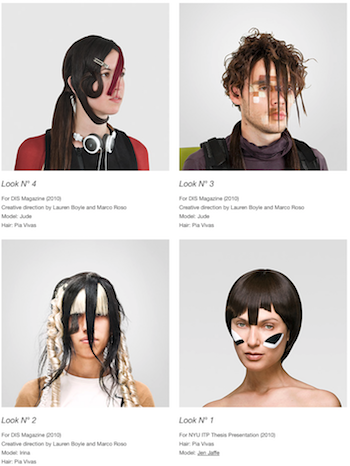Facial recognition technology and ethics is a hot issue right now. In reality, the media is about ten years behind the technology.
A story just surfaced revealing that back in 2008 New York City, with the help of IBM, was using video surveillance analytics to identify individuals. By 2012, the technology advanced to the point of identifying people down to the color of their skin. If you have some free time, I’d highly suggest you go check out the thoughtful report by The Intercept.
Nonetheless, the contract with IBM ended in 2016, but it’s unlikely that NYPD stopped their video analysis initiative altogether.
My question is: if they were effectively tracking us back in 2008. What the heck is going on today? And even crazier, what’s to come in the next ten years?
We can assume that more data will be collected and stored on us. And it’s possible that every citizen could be tracked and recorded on their own government ledger, which is what China is doing.
I want to know where we can opt out of this. When we’re surfing the web, we can block cookies and use masking browsers to protect our identities. But, there isn’t an obvious answer to public surveillance.
I remember seeing the CV Dazzle concept a couple years ago

We need more nontraditional ways of masking our identities against facial recognition algorithms. A hat and sunglasses won’t cut it anymore. Researchers have advanced the algorithms to see around these objects.
This is a call-to-arms to the fashion industry. The next iconic Burberry-like pattern shouldn’t just be created for design-sake. It should incorporate specific styles that confuse these algorithms. The software has weaknesses that can be exploited so that we can save the small bit of privacy we have left. If nothing else, we need to think about it for our kids’ sake.
Imagine a toddler in New York today. By the time they’re 25 years old, the city will have compounded twenty-some years worth of video data on them. The city will have a more intimate photo-album of that kid than their own parents. That’s creepy as shit.
Clearly, the technology is way further along than we were aware.
